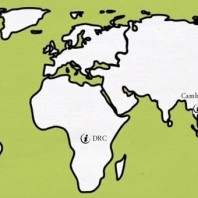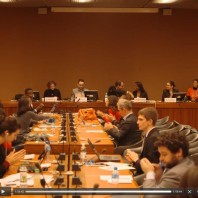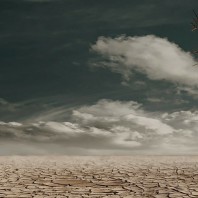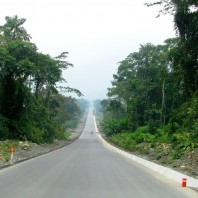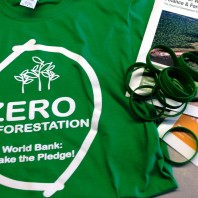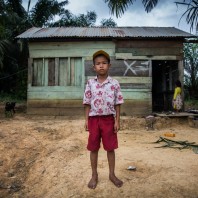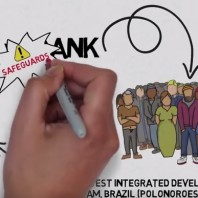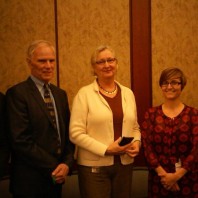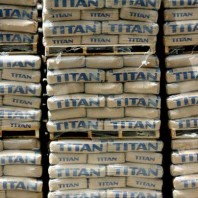The World Bank Group is the largest source of multilateral finance for forests, and a standard setter for international finance broadly. However, the Bank invests significantly more each year in sectors demonstrated to be primary drivers of deforestation such as agriculture, energy and mining, and transportation; than what it invests in forests. The Bank Information …
During the 4th Annual UN Forum on Business and Human Rights in Geneva from November 16-19, 2015, BIC’s Maggie Federici participated in a panel entitled Development Finance Institutions: Human Rights Obligations and the Right to Remedy. Development finance institutions (DFIs) have a mandate to alleviate poverty and promote sustainable development. But, in many cases, projects funded by …
New research today reveals that not one of the world’s main development banks is on track to help keep the world below 2 degrees warming. Instead, the banks – funded by tax-payers – continue to support fossil-fuel projects in developing countries. Worst performers include the World Bank’s private sector lending arms[1] which promote fossil fuels …
World Bank president urged to commit to Zero Deforestation declaration, speak out on deforestation at COP21 in Paris Conserving forests is one of the most important climate change mitigation solutions, and is essential to addressing the World Bank’s twin goals of eliminating extreme poverty and promoting shared prosperity. As many progressive governments and private sector …
Conserving forests is essential to achieving the World Bank’s twin goals of ending extreme poverty and boosting shared prosperity. A high percentage of the world’s impoverished people source food, medicine, building materials and fuel-wood directly from forests, and depend on the forest ecosystem services of water provision and purification, flood prevention, and climate change adaptation …
Picture of KEMAL JUFRI / Photo credit FERN AND ICIJ In the latest installment of “Evicted and Abandoned”, a year-long investigation into the ‘hidden toll of development’ financed by the World Bank, the International Consortium of Investigative Journalists, in collaboration with The Food & Environment Reporting Network, tells the story of Revan Pragustiawan, a little …
The World Bank has a complex track record with human rights and the environment. On one hand, they are one of the world’s most important development institutions, and their main goals are to eliminate poverty and boost prosperity. On the other, they have a history of sidelining the well-being of communities and ecosystems that are …
PRESS RELEASE (October 5, 2015) The World Bank, with an overarching mission to end poverty, hosts its Annual Meetings this week in Peru. Given that the impacts of climate change disproportionately harm the poor, and that world leaders are set to make a global agreement on climate change this December, climate is at the top …
On September 30th, the Tom Lantos Human Rights Commission held a hearing at the United States Congress on international financial institutions (IFIs) and human rights, chaired by Congressman Jim McGovern. Witnesses included BIC’s Nezir Sinani from Kosovo, Milton Sanchez from Peru, and Obang Metho from Ethiopia, who testified on the human rights impacts of World …
Egyptian rights groups, community members, and laborers impacted by a hazardous cement plant financed by the International Finance Corporation (IFC) filed a complaint on April 8, 2015 with the body’s independent grievance mechanism. The grievance mechanism, called the Compliance Advisor Ombudsman, or CAO, has now deemed the complaint eligible to move through the grievance process. …

